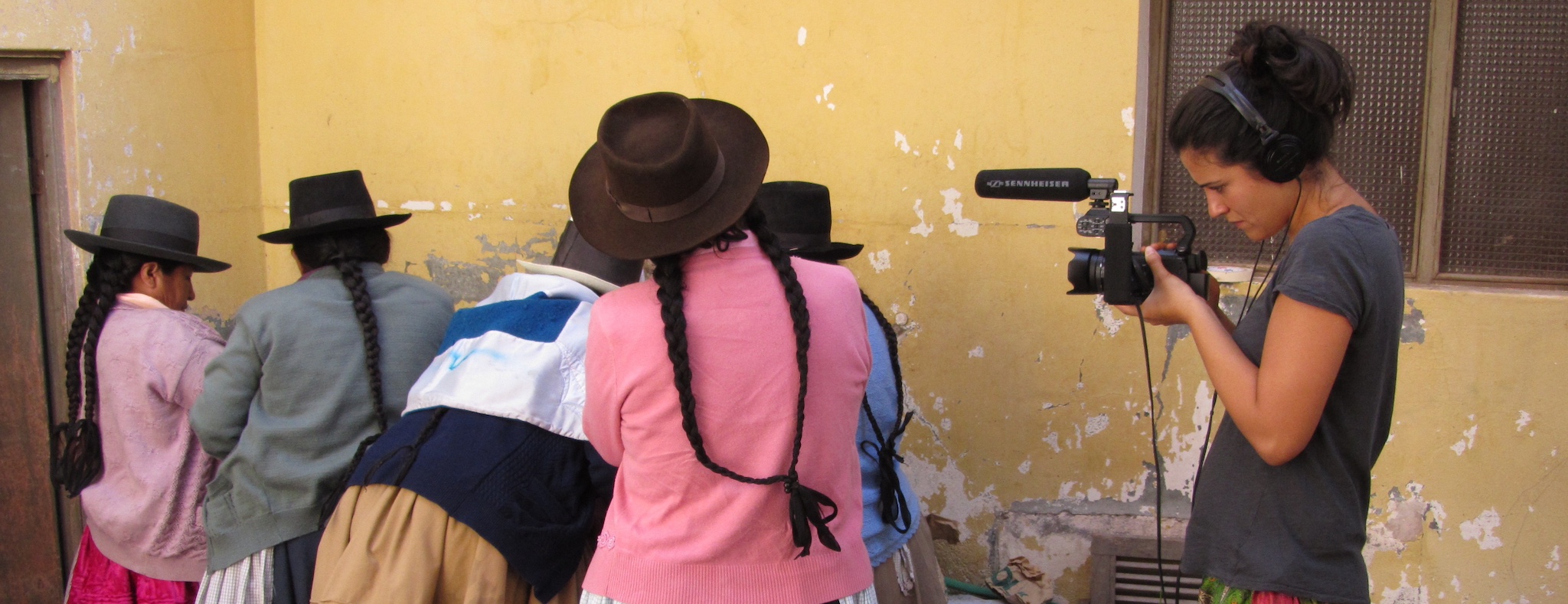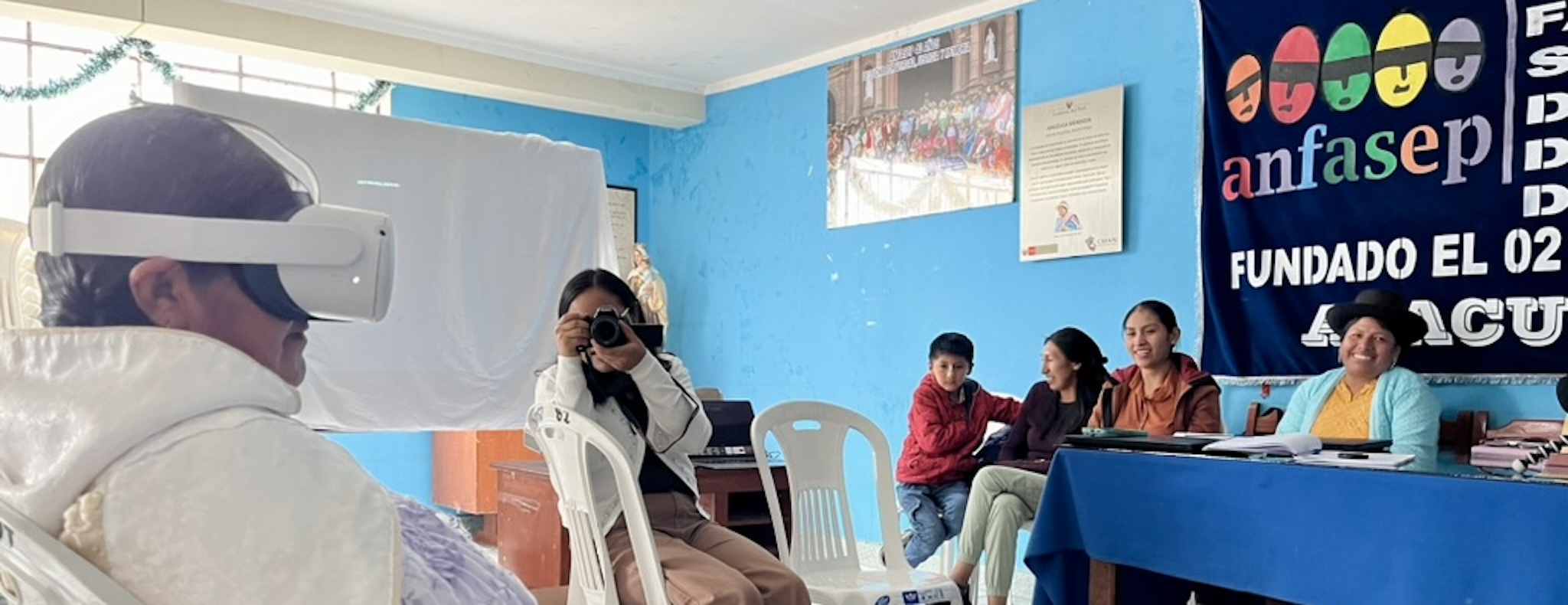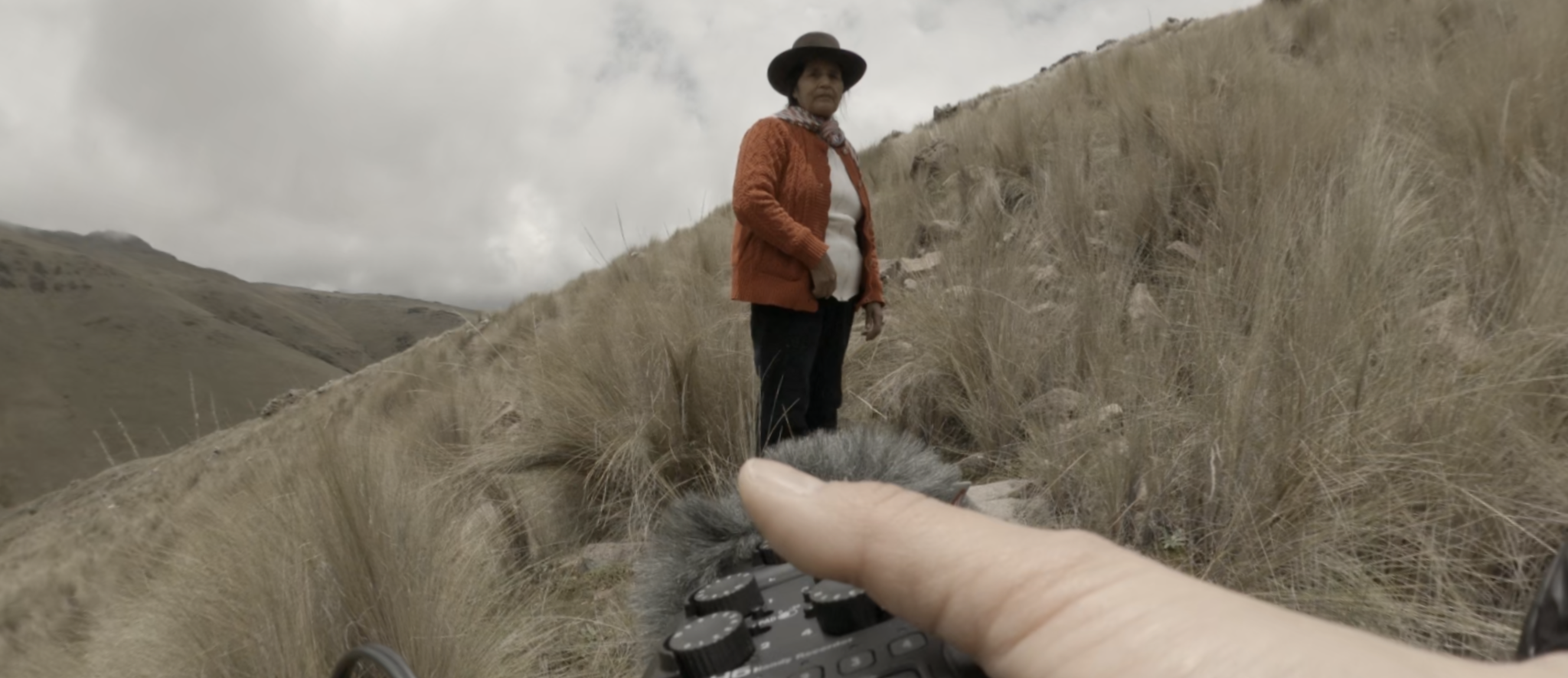About our MA in Visual Antropology
What happens to anthropology when it uses film and not written text as a principal medium to explore and convey human experience in diverse cultural and social settings? And what happens to filmmaking when it incorporates anthropological approaches? The Visual Anthropology track allows you to explore the possibilities of camera-based research. In addition to reading and writing, you become familiar with the intellectual endeavour of filmmaking as ethnographic practice.

This Master’s track encourages you to creatively explore how new assemblages of words, images, and sounds (including silences) can not only articulate but also produce anthropologically relevant knowledge. This programme is a practice-based programme that focuses on the craft of filmmaking as ethnographic practice. By training you to bring your anthropological ideas to filmmaking (and vice versa), we intend to contribute to the development of a new audio-visual vocabulary that breaks with existing media formats and has its own critical position within and towards our media-saturated societies.
First semester
In the first semester, you focus on anthropological theories and how film, with its material, poetic and aesthetic possibilities, can contribute to broader conversations in our discipline and beyond. Hence, you start your programme with the course Key Debates in Visual Anthropology.
You then move on to prepare your research project and fieldwork in a course entitled Designing Visual Fieldwork. Here you explore the works of visual anthropologists and filmmakers to develop your approach and its methodological implications to figure out what your camera-based research will be like. You will be supported in designing a research plan that is specific to a camera-based methodology. This phase includes a high-intensity one-week film-practice programme called the Pressure Cooker that is complemented by viewings of anthropological films.
Further to Designing Visual Fieldwork, you join a Thematic Elective where you learn to identify and apply the interconnection between theory and ethnographic practice, and to critically and creatively explore key concepts in your research project. This course will help you anchor your research project in a contemporary and theoretically engaged field of knowledge and research praxis.
In January, you make a start with your research project: Ethnographic Fieldwork. Fieldwork is the core component of this Master’s programme and is guided by your interests while intending to deepen your prior knowledge. Your thesis supervisor will accompany you throughout the process.
Second semester
After concluding the courses and having received the go-ahead for your fieldwork proposal, you will undertake ethnographic fieldwork in the period between January to halfway March. You will spend ten weeks in a specific setting and/or community to produce an archive of images, sounds and texts, provided that we can find a good supervisor for the project, that there are no travel restrictions and that you have completed the necessary preparations.

Fieldwork
Long-term immersion in a fieldwork site, which implies the re-socialisation of the researcher in other people’s life worlds, is the hallmark of all anthropological research. This is no different for visual anthropologists. The best work in visual anthropology is grounded in the trust, intimacy and tacit knowledge that comes with ‘deep hanging out’. You will therefore conduct ethnographic fieldwork for a period of ten weeks where your film footage bears witness to the relationships you develop and the insights you gain. It is important, as a visual anthropologist, to stay reflexive about your mode of doing anthropology and be in dialogue with other modalities.
Academic staff
The track is carried by three core lecturers with an internationally recognized track record in ethnographic film. Mattijs van de Port, whose recent films include Knots and Holes (2016) and The Body won’t Close (2020), Martha-Cecilia Dietrich, director of Entre Memorias (2015) and Horror in the Andes (2019), and Ildikó Zonga Plájás, director of Swamp Dialogues (2015) and Interfaces (2021). The programme director of the MSc in Cultural and Social Anthropology is Dr Yatun Sastramidjaja.
